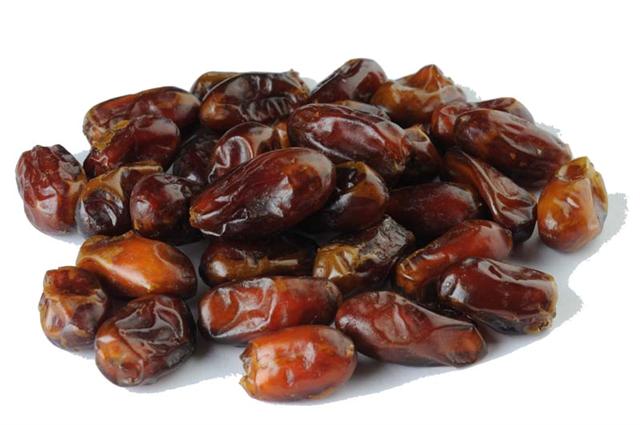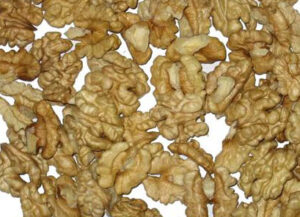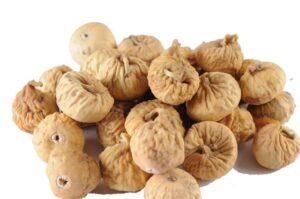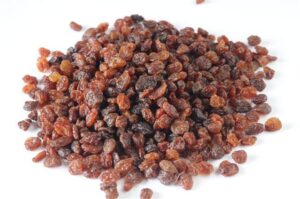A Lucrative Market Opportunity
Europe’s demand for dates has grown steadily, driven by the popularity of natural, healthy foods among its consumers. With Europe’s increasing interest in exotic fruits and superfoods, dates are becoming a staple in both household kitchens and food industries. Exporting dates to Europe can be highly profitable for suppliers who meet the market’s quality, sustainability, and compliance standards. This guide provides insights into how to export dates to Europe successfully, focusing on key requirements, market trends, and tips to enhance your business potential. Exporting Dates to Europe
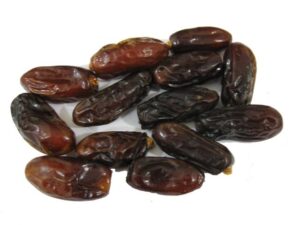
Why Export Dates to Europe?
The European market’s preference for natural sweeteners and healthy foods has led to a high demand for quality dates, with consumers choosing dates as healthy snacks, baking ingredients, and natural sugar substitutes. From everyday meals to gourmet cooking, dates are becoming increasingly popular in Europe, especially among health-conscious consumers and culinary professionals.
- Growing Health Awareness: Dates are rich in fiber, antioxidants, and essential nutrients, making them highly popular as a natural, health-boosting food.
- Demand for Organic Products: European consumers show a strong preference for organic and ethically sourced products, creating opportunities for exporters to offer premium, organic date varieties.
- Diverse Uses: Dates are widely used in baking, energy bars, snack products, and more, making them valuable to both households and food manufacturers.
Popular Date Varieties in the European Market
Europe’s diverse consumer base has led to a demand for various types of dates, with preferences for specific flavors, textures, and nutritional benefits.
- Medjool Dates: Known as the “king of dates” for their large size and rich, caramel-like taste, Medjool dates are highly sought after as a premium product.
- Deglet Noor Dates: With their chewy texture and natural sweetness, Deglet Noor dates are popular for cooking and baking applications.
- Ajwa Dates: Known for their unique taste and health benefits, Ajwa dates are appreciated in both specialty food markets and health food stores across Europe.
Regulatory Compliance for Exporting Dates to Europe
Europe has strict regulations governing food imports, so understanding and meeting these requirements is crucial for successful exports. Compliance ensures that your dates meet European Union (EU) standards and can be sold across multiple European countries.
Essential Certifications and Documentation
- EU Health Certificate: This certificate verifies that your dates meet the EU’s health standards for food safety and are free from contaminants and pests.
- Phytosanitary Certificate: Issued by the exporting country’s agricultural authority, this certificate ensures that dates meet plant health standards.
- Certificate of Origin: Required to determine the date’s country of origin, which may affect tariffs and import duties.
- Organic Certification (if applicable): For organic dates, certification from a recognized organic certification body is necessary to label and market your dates as organic in Europe.
Packaging and Labeling Standards for Dates in Europe
To attract European consumers and comply with regulations, exporters should ensure their dates are packaged and labeled according to EU standards.
- Labeling Requirements: European law mandates clear labeling with the product name, ingredients, nutritional values, country of origin, net weight, and expiration date. All information must be in one of the EU’s official languages, depending on the country of export.
- Premium Packaging: European consumers favor sustainable and visually appealing packaging. Using recyclable or biodegradable materials can boost your product’s appeal in the European market, especially among eco-conscious buyers.
- Temperature-Controlled Packaging: Dates should be stored in cool, dry conditions, and using insulated or vacuum-sealed packaging helps maintain freshness during transport.
Market Entry Tips for Successful Date Exports to Europe
Breaking into the European market can be challenging, but with a strategic approach, your dates can stand out in this competitive landscape.
Partner with European Distributors
Working with a local distributor can help you establish a presence in the European market by navigating complex regulations, local market preferences, and distribution networks. European distributors can connect your dates with supermarkets, health food stores, specialty shops, and online grocery platforms, broadening your reach and visibility.
https://driedfruitexporter.com/dates-exporter/
Emphasize Quality and Health Benefits
European consumers value high-quality, healthy foods, so highlighting the nutritional benefits of dates is crucial. Include information on dates’ rich fiber, vitamin, and antioxidant content in your marketing and labeling. This appeals to health-conscious European consumers who prioritize natural and nutrient-dense foods. News of April 2019
Leverage E-Commerce and Online Marketplaces
With the rise of online grocery shopping in Europe, e-commerce platforms offer an effective way to reach a broader audience. By listing your dates on platforms like Amazon Europe, Carrefour, and specialized online food stores, you can cater directly to consumers and increase brand recognition. Competitive pricing, bulk packaging options, and organic certifications can further enhance online sales.
